 April 2024
Terraformal dreaming
April 2024
Terraformal dreaming
...probably require the same mixture of hydrogen, carbon, oxygen, nitrogen, phosphorous, and sulphur, along with “... as well as vast quantities of carbon, nitrogen, hydrogen, and oxygen, all in forms readily accessible to those clever enough to use ...
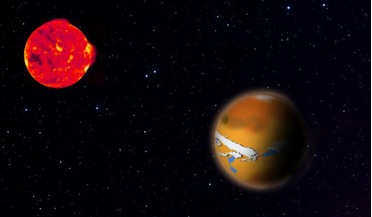 01 December 2017
Search for life more difficult than previously assumed
01 December 2017
Search for life more difficult than previously assumed
... for the habitability of the planet. "Absence of traces of ozone in future observations does not have to mean there is no oxygen at all. It might be found in different places than on Earth, or it might be very well hidden,” explains Carone. "We all...
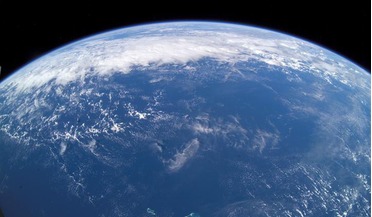 09 November 2018
Leftover gas from the Sun's birth created Earth's water
09 November 2018
Leftover gas from the Sun's birth created Earth's water
.... Water is made from two hydrogen atoms and one oxygen atom (H2O) but not all hydrogen atoms are the...contributed to our oceans alludes Desch, as water is hydrogen plus oxygen, and oxygen is abundant, any source of hydrogen could have served as the...
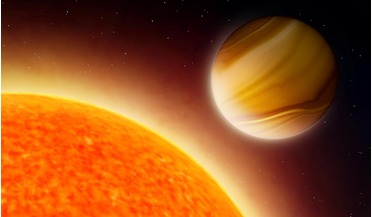 11 December 2019
Water abundance lower than expected on exoplanets
11 December 2019
Water abundance lower than expected on exoplanets
... most abundant element in the universe after hydrogen and helium. This means that water, which consists of an oxygen atom along with two hydrogen atoms, is also expected to be overabundant in such atmospheres. After assessing extensive spectroscopic...
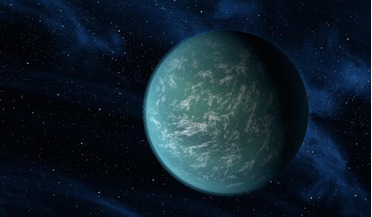 04 May 2020
Exoplanets with hydrogen-rich atmospheres could harbour life
04 May 2020
Exoplanets with hydrogen-rich atmospheres could harbour life
... in H2 might not seem like the best planet to aim for, as complex life as we know it requires nitrogen and oxygen to breath, but early in Earth’s history, our atmosphere contained small amounts of hydrogen (H2) that persisted for hundreds...
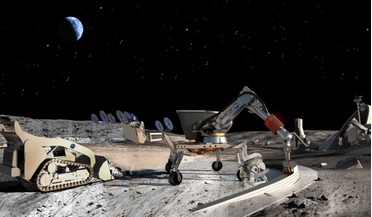 10 June 2020
New map boosts chances of finding water on the Moon
10 June 2020
New map boosts chances of finding water on the Moon
... humanity’s quest in setting up colonies on other planets. United Launch Alliance, who has already offered to buy liquid oxygen/liquid hydrogen propellant in cislunar space has said in a report that based on input from customers, “it was determined...